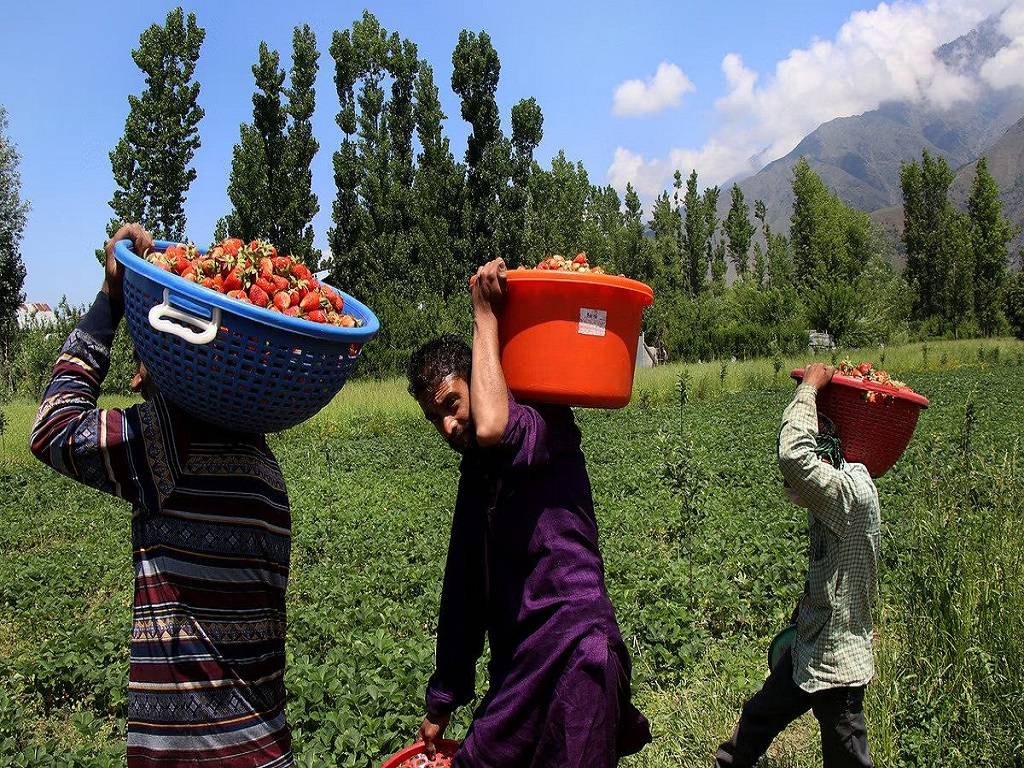
Farmers have been socially and economically empowered by the government of Jammu and Kashmir's farmer-centric reforms, which have increased their income by a factor of ten, making them Aatma Nirbhar.
With a monthly revenue of Rs 18,918 per farmer, J&K is presently among the top five states and UTs in terms of agriculture income. In the Agriculture and Horticulture sector, the J&K Agriculture Department has undertaken aggressive marketing and branding of indigenous Agri-products, as well as automation.
High-Density Plantation, diversification, better quality seeds, capacity building, GI tagging, expansion of banking services, and micro-irrigation have all paid off handsomely for farmers and ushered in a structural shift in agriculture and horticulture sectors.
During the last three years, more than a million J&K residents have received direct financial assistance totaling Rs. 1983.29 crore through the PM Kisan initiative. Furthermore, a total of 12 lakh farmers have been granted Kisan Credit Cards (KCC), with 9.46 lakh KCC active in the UT.
Under a high-density plantation scheme, the J&K government will provide 50% capital support up to Rs. 22.15 lakh per hectare. Due to the high-interest rate, it was impossible for a typical farmer to obtain another 50% of capital.
Due to the inclusion of HDPS in the Agriculture Infrastructure Fund Scheme, a credit on interest subvention of 3% per year for a period of seven years is now available.
Micro and small business loans of up to Rs 2 crore are available under the credit guarantee fund trust's credit guarantee coverage. Furthermore, the promotion of 'Vocal for Local' has created a slew of chances for everyone involved in agriculture and related industries to grow and prosper.
According to an official, the government is bringing in national and international companies to improve knowledge and skills as well as provide global market links to J&K's farming community.
The J&K government, in particular, is assisting 500 innovative farmers each year with knowledge-based interventions in order to maximize the potential of organic products.
















